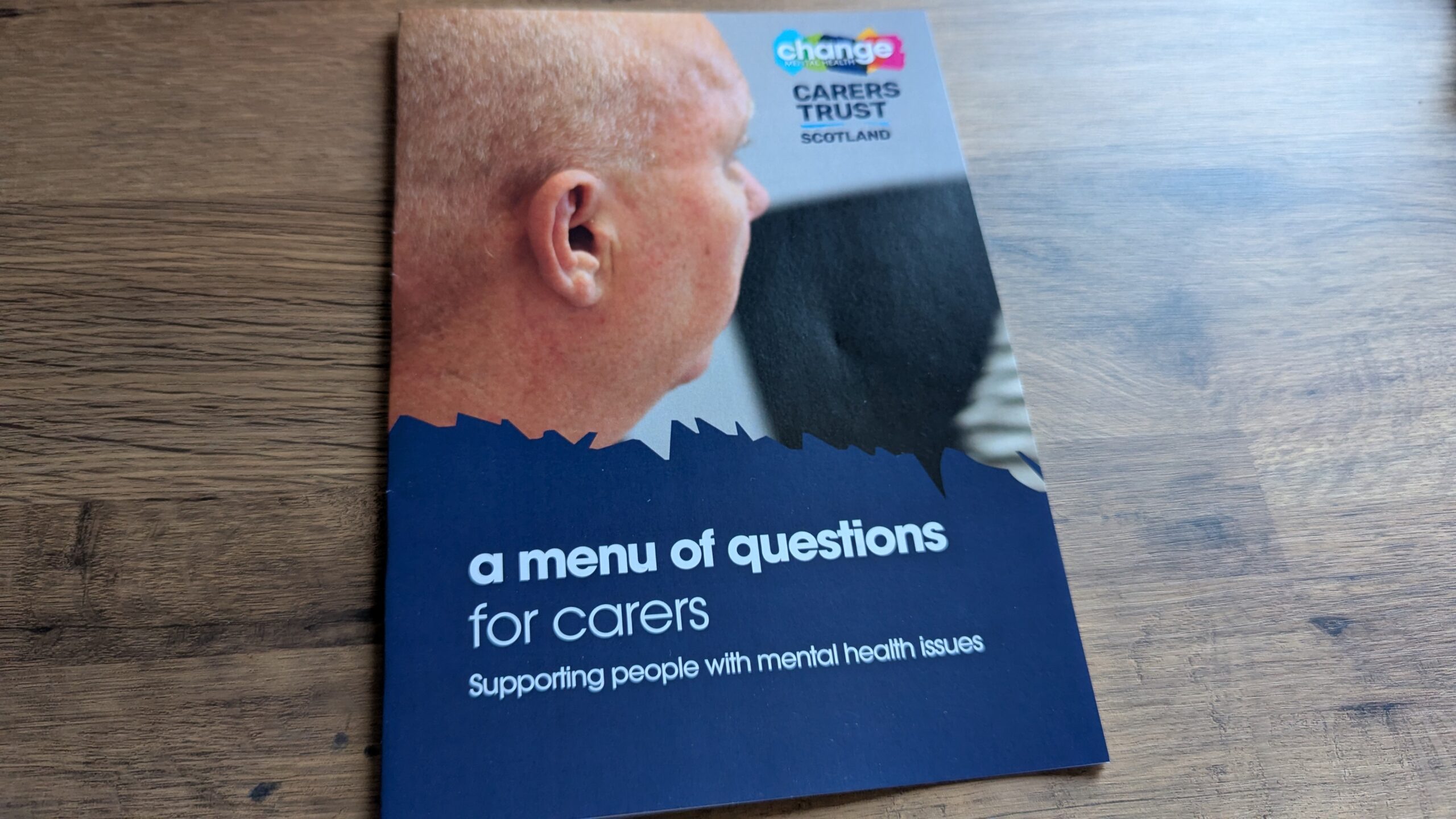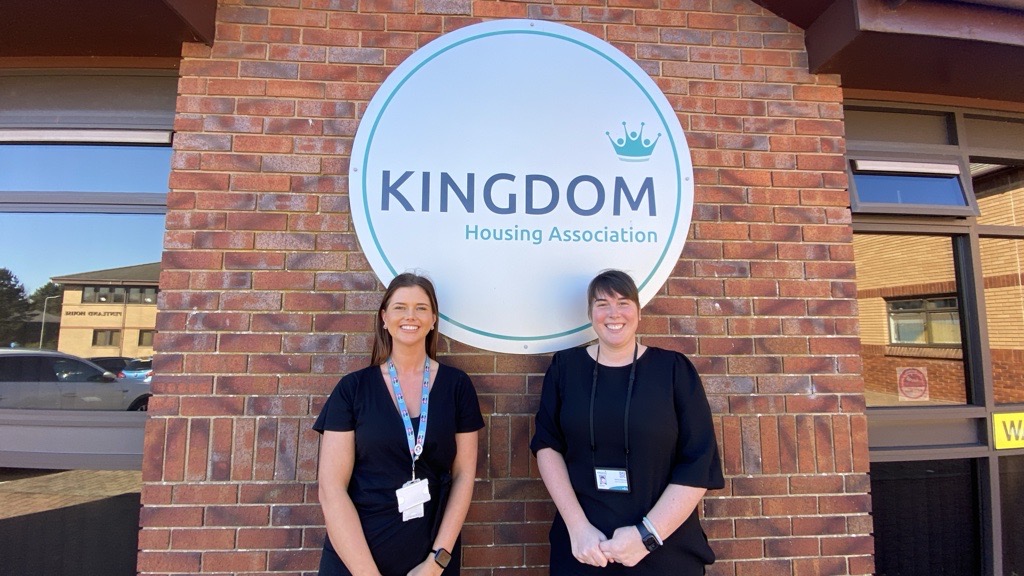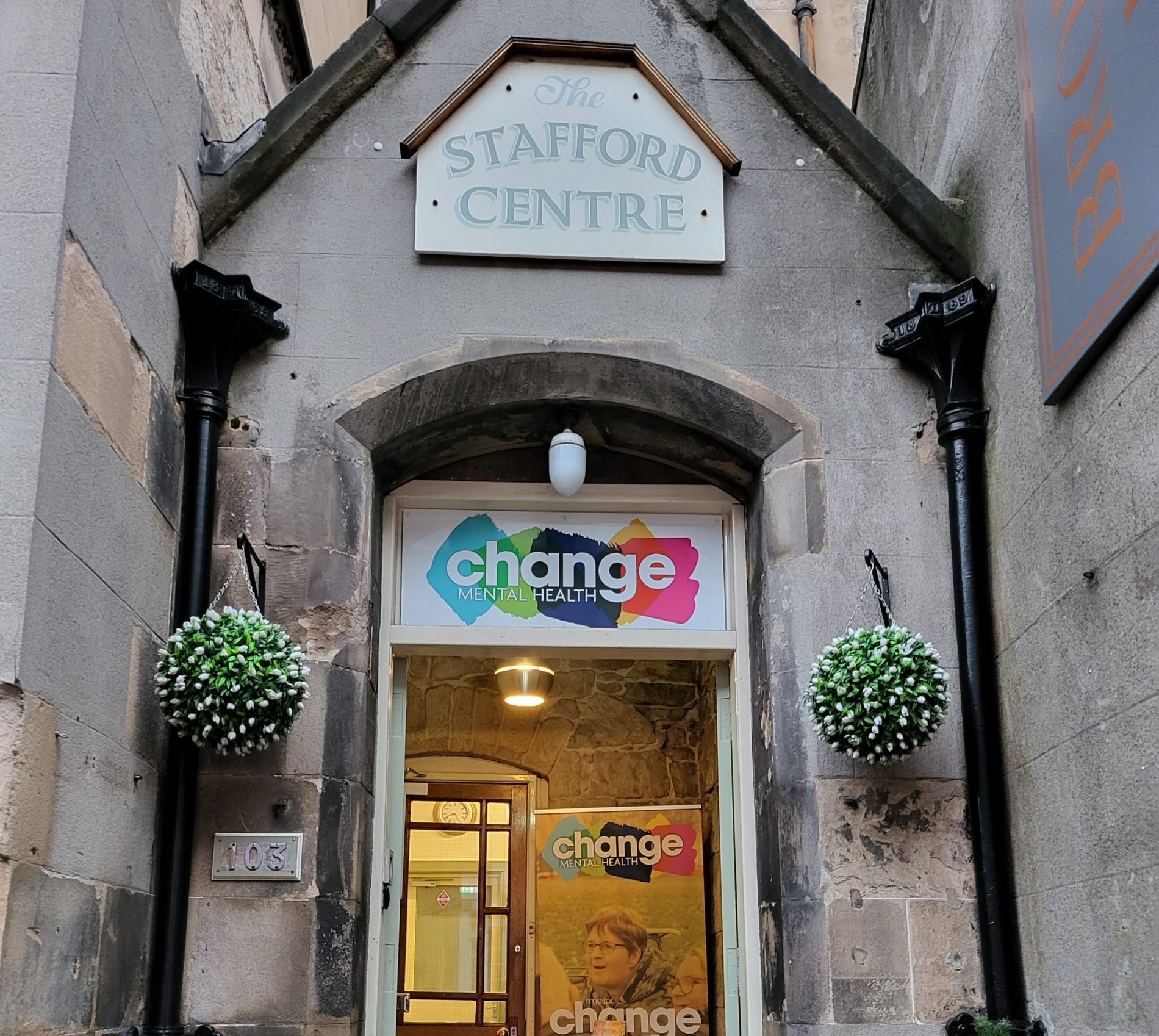Me & Money: Strengthening young people’s understanding of money and mental health

Change Mental Health is proud to announce the relaunch of Me & Money following a successful six-month pilot, a programme designed to help young people better understand the connection between money and mental health.
Developed by Young People’s Programmes in response to the cost-of-living crisis and rising financial worries among young people, Me & Money takes a proactive approach by offering workshops that explore how values, beliefs and behaviours around money can influence mental wellbeing.
The relaunch of Me & Money will include two flexible workshops designed for 14-18 year olds, providing them with the tools and confidence to better manage their financial and emotional health. These have been shaped by valuable feedback from young people during a comprehensive evaluation of the pilot to create workshops that are even more relevant and impactful to them.
The relaunch of Me&Money
The relaunch of Me & Money will include an additional offer of two 1-hour workshops which can be delivered together or as stand-alone sessions.
Workshop 1 focuses on money and mental health with two core objectives:
- Young people to have a better understanding about the connection between money and mental health
- Young people to have a better understanding about how their attitudes towards money can influence their thoughts and behaviours
Workshop 2 focuses on relationships with money. For the 14-16 ages this workshop will focus on decision-making when it comes to money, and for the 17-18 ages, the focus will be on managing money. The main objectives for this workshop are:
- Young people to have a better understanding of the steps they can take to feel more confident in managing and making decisions around money.
- Young people to know where to go to get support around money and mental health.
Implementation of the pilot – our reach
The pilot ran across the UK from November 2023 to March 2024, delivering to 1539 young people across 49 organisations. Delivery took place in secondary schools, youth organisations and community settings.
In Scotland, we delivered the pilot to 225 young people across 7 schools and 8 youth organisations. We are delighted that organisations from a wide range of geographic and demographic areas were receptive to the concept in the engagement phase of our pilot.
Co-production
The programme was developed using a proof-of-concept model and was co-produced with young people to ensure that the content was relevant to their needs and reflected the ways they would like to learn. Organisations and schools across Scotland welcomed the programme as the first of its kind. Valuable and constructive feedback from our pilot has been a key tool for us to amend and scale up the programme.

“The results from our baseline research show some worrying statistics about young people’s anxieties towards money. We combat these anxieties by enabling young people to develop a healthy relationship with money through understanding how our emotions are connected with our knowledge and behaviours.
“Our workshops are built upon understanding the lived experience of young people when it comes to money. Through engaging activities and in-depth discussion, Me and Money encourages young people to be proactive and gives them a suite of tools to support their financial and overall wellbeing.”
Hannah Dibnah, Service Manager for Young People’s Programmes at Change Mental Health
Impact: What do young people have to say?
The pilot was highly successful. It was evaluated using quantitative and qualitative methods to assess effectiveness and feasibility, gather any issues and make improvements before scaling up the programme.
Our end survey gathered participant views of our workshops against our workshops objectives and found that:
Objective 1: Young people have an understanding of the interconnection between money and mental health.
- 83% of young people said they had a better understanding of the interconnection between money and mental health after taking part
Objective 2: Young people have an understanding about how our attitudes towards money can influence our thoughts and behaviours.
- 86% of young people said they had a better understanding of how our attitudes towards money can influence our thoughts and behaviour after taking part
- 74% of young people said they had a better understanding of the tools and techniques they could use to manage their feelings and emotions around money after taking part
Objective 3: Young people feel more confident talking about money and know where to get support if needed.
- 80% of young people said they would know where to go, or who to turn to, to get support around money and mental health if they needed it after taking part
- 68% of young people said they would feel more comfortable talking to a trusted person (friend, teacher, parent, etc) about money after the workshop
We carried out an in-depth pre-workshop survey to capture young people’s baseline attitudes and knowledge of money and mental health. The results showed differences in attitudes based on age and the level of deprivation in their area.



In addition to surveys, we collected detailed feedback from young people, training associates and educators to gain insight and suggestions for scaling up the programme. Across four nations, young people generally found the content interesting, informative and beneficial. Many participants believed it was useful to understand the relationship between money and mental health and how it can impact themselves and others.
“At first I thought it was a waste of time but then after a while, when I was really thinking over, I did eventually realise it was useful in the long run. Helping me understand what I can do in the future was very useful, being responsible with money and knowing who you can talk to.”
17-18 year old Male – West Lothian Skills Training Programme
Key learning and recommendations for scaling up the programme
Following the evaluation, we’ve worked with young people to co-produce an expanded programme that addresses their challenges, especially poverty and financial management. To make the programme more relevant and effective, we have:
Enhanced our content: The extended programme includes practical and relatable examples young people can explore through discussion.
Response to the heightened challenges young people are experiencing in areas of deprivation: We have further tailored content to better recognise these challenges and increase the inclusivity of the programme.
Added practical solutions: A new workshop offering money management solutions has been developed. This workshop will address immediate concerns and equip young people with the skills and tools to prepare for financial independence in the future.
Developed our activities: Supporting young people’s understanding and ensuring the workshops respond to the different concerns of our two age groups – 14-16-year-olds and 17-18-year-olds.
contact
Want to find out more about young people’s mental health resilience and the support we deliver to schools and colleges across Scotland?
If you need further information about Young People’s Programmes or want to enquire about online training, resources or how we can help your school or college, contact the team.
Do you have any more questions about the support Change Mental Health delivers across communities in Scotland? Contact our Advice and Support Service.
Get in touch
To enquire about partnership working or bringing the Me & Money programme to your organisation please contact our Engagement Officer, Ciara: Ciara.Mallon@changemh.org





